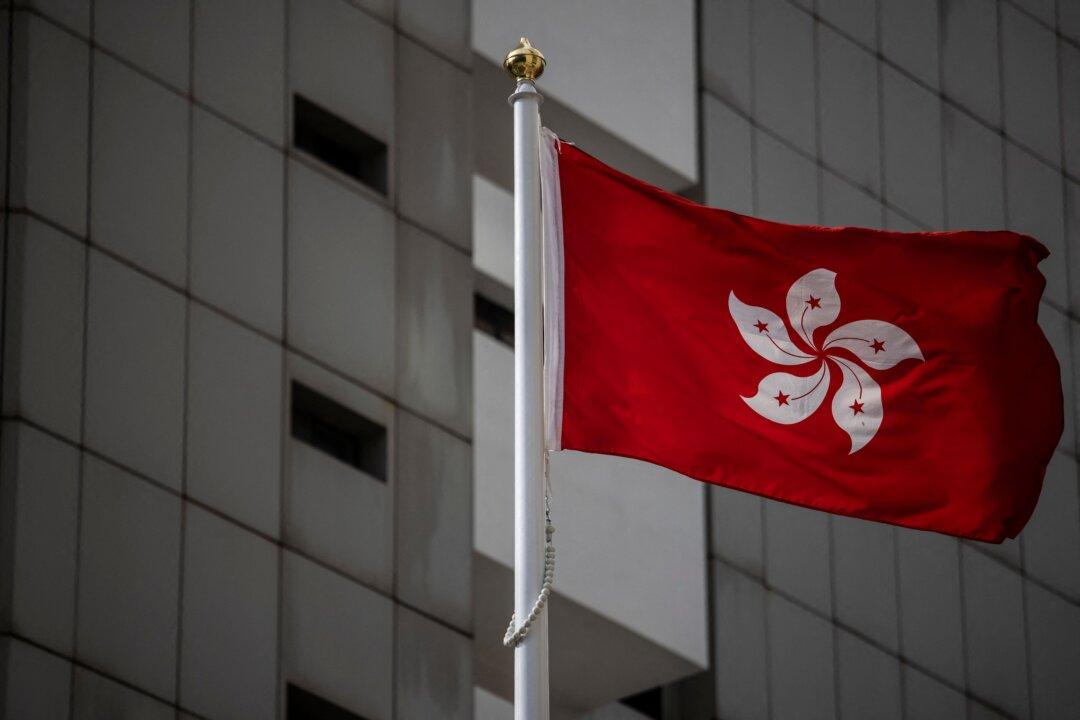A Hong Kong man pleaded guilty to sedition on Sept. 16 for wearing a T-shirt with a protest slogan, in what is believed to be the first conviction under the city’s national security law enacted in March.
Chu Kai-pong, 27, pleaded guilty to one count of “doing with a seditious intention an act” under the city’s new security law, known as Article 23, the Hong Kong Free Press reported.





